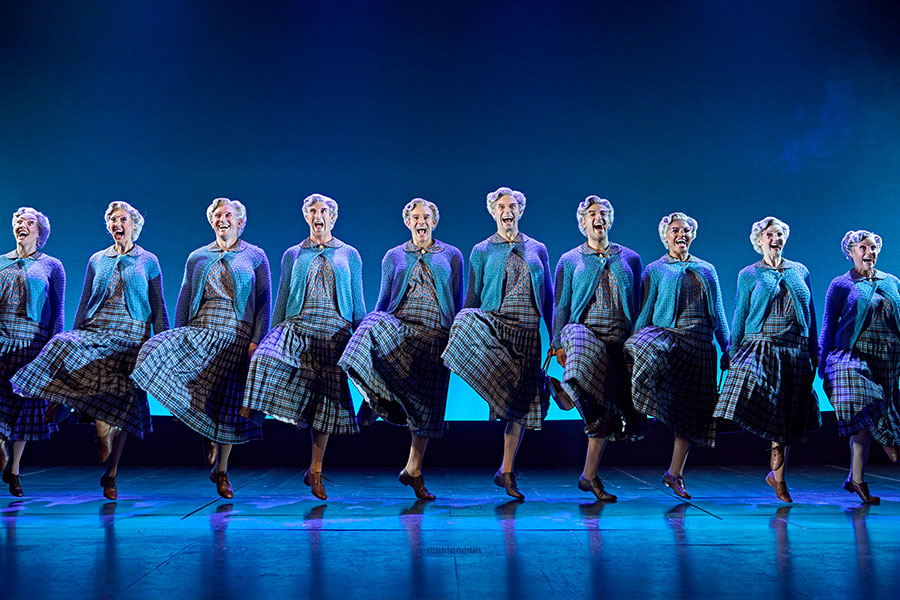The Playboy of the Western World
The Playboy of the Western World caused riots at its premiere, the Dublin audience not taking kindly to the story of a man acclaimed a hero for killing his father and objecting particularly strongly to the references to women’s undergarments.
Garry Hynes’ fine production captures perfectly the harsh realities of this existence. Francis O’Connor’s bleak pub interior with its tiny windows looks more like a spacious prison cell than a hostelry and there’s little creature comfort, this is a place to drink oneself to oblivion, miles away from the image of the convivial Irish pub.
Aaron Monaghan’s Christy steals into the village like a hunted rat. His pinched, furtive demeanour suggests little of the hero that the villagers take him for. But what Synge appreciated was that the way that we’re perceived can have a marked impact on our behaviour so that Christy, admired by the women and idolised by the men, develops a new persona. Monaghan literally seems to grow before our eyes, although, like Pegeen, we do wonder where he got his silver-tongued eloquence from.
Clare Dunne’s Pegeen is a perfect complement to Christy. This fiery, passionate young woman deserves more than Marcus Lamb’s hapless Sean that her father has in mind for her. While this is an extremely funny play, Pegeen’s loss at the end, when Christy has departed is deeply felt – this is an ending as raw of that as any tragedy. What, we wonder, will become of her, Dunne’s Pegeen is surely too high-spirited to settle for a life with the well-meaning but dull Sean.
Plaudits due too to Derbhle Crotty’s scheming Widow Quinn, Pegeen’s rival for Christy’s attention. With her pale, almost ghostly face, Crotty’s widow has a tragic persona, one that masks a sharp mind.
Hynes has walked a fine balancing line between this tragedy and the comedy. She’s avoided the usual rural caricatures and has given us a warm, breathing Playboy that still packs a kick a 100 years on.
– Maxwell Cooter










